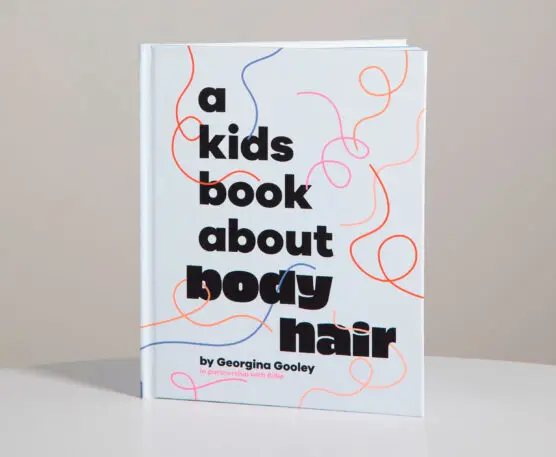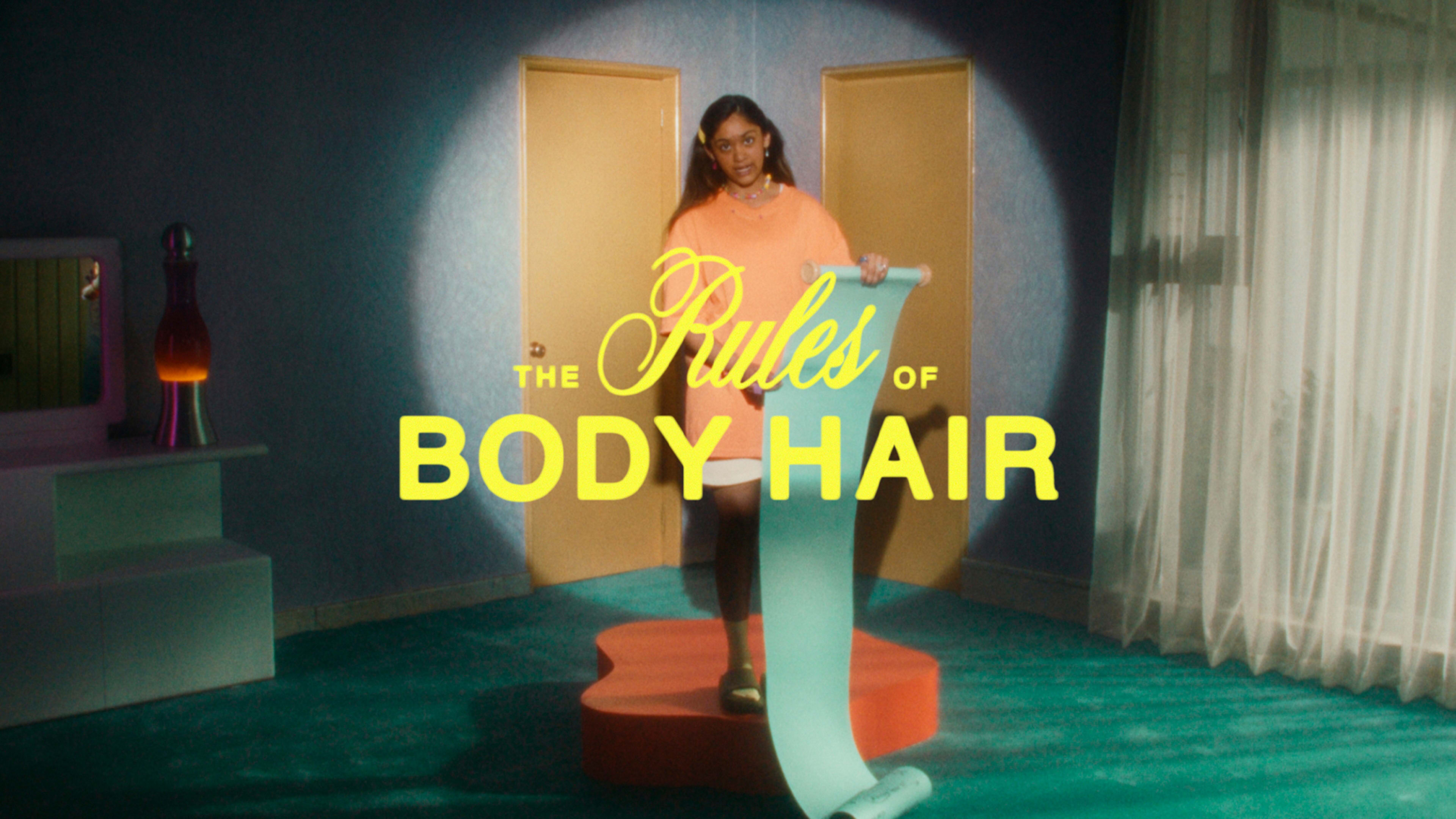As a teen girl, you spend a lot of time trying to figure out what hair on your body is deemed acceptable. Hair on your head is fine, but hair on your legs is not. As for hair on your upper lip—get rid it immediately. Eyebrows must be plucked so they look thin, unless bold, fluffy eyebrows happen to be in fashion. Over the course of a lifetime, all this hair removal requires hours of work and costs as much as $23,000.
Billie, a shaving startup, wants to throw out the rule book. It just released a children’s book aimed at destigmatizing body hair, as well as a new ad that urges girls not to feel pressure to get rid of their hair. This marketing seems counterintuitive for a brand that makes its money from hair removal, but its cofounder believes that this approach is actually good for business.

De-stigmatizing body hair
Georgina Gooley, Billie’s cofounder, launched the brand in 2017 as part of a broader wave of direct-to-consumer shaving startups that includes men’s brands like Harry’s and Dollar Shave Club and women’s brands like Flamingo and Athena Club. (Billie was acquired by Edgewell, the parent company of Schick, last year.) All of these sell similar products—including razors, shaving cream, and body wash—at similar prices. It’s their marketing and design that differentiates them.
Gooley, who previously worked at advertising firm Wieden and Kennedy, had expertise in making a brand stand out. As she researched the shaving industry, Gooley realized that brands had been marketing products to women for more than a century, but rarely showed any body hair on models. “They would show women shaving a pre-shaved leg because leg hair was considered so taboo,” says Gooley. “It was really internalizing shame around having body hair.”
From the start, she decided to craft the message that body hair isn’t embarrassing. In 2018, Billie debuted a campaign called Project Body Hair, asserting it was the first time a shaving brand showed models shaving real hair on their armpits, legs, and bellies. But then, Billie took things a step further by arguing that women didn’t need to shave at all if they didn’t want to. In the summer of 2019, Billie launched an ad featuring women in swimsuits with pubic hair showing. That fall, the brand’s advertising focused on de-stigmatizing women’s upper lip hair. “We wanted to reframe the conversation, and say that shaving should be a choice, not an expectation,” she says. “Just putting images out there of body hair helps to normalize it.”
These campaigns made a splash. The ads were viewed millions of time, and everyone from Glamour to The New York Times wrote about Billie. But from a business perspective, this approach seems potentially risky: If the ads have their intended effect, it might ultimately encourage women to stop shaving altogether, rendering Billie’s razors unnecessary. But Gooley disagrees. For one thing, she believes that even women who choose to keep some body hair may still want a razor at home. “They might choose to grow out their hair but then shave again later,” she says. “They might go back and forth.”
And, perhaps more strategically, this approach allows Billie to capture consumers who don’t want to shave at all, inviting them to shop products like body lotion and soap. “We want to be a brand for all women, not just those who shave,” Gooley says.

Getting them young
With this newest campaign, Gooley wants to speak to girls and tweens. As the brand conducted focus groups, it discovered that many women first learned that body hair was embarrassing at a young age. “A common story was that she was in elementary school, happily going through life, when someone pointed out that they had body hair on a part of their body where it shouldn’t be,” she says. “It can be a traumatic moment. Kids aren’t born thinking one way or another about body hair, but over time, social expectations and pressures set in.”
Gooley points out that culture continually reinforces this. She recalls being a pre-teen and watching romantic comedies in the ’90s in which women shave their legs before going to a party. “It very much glamorized shaving for me,” she recalls. “It associated shaving with femininity and womanhood, and I was excited to get my first razor. It wasn’t until later that I realized that this was a highly gendered message.”

The book walks through many aspects of body hair, from why it exists to when you’ll start to see it, and ends with the overarching message that everyone should be able to choose what to do with their own hair. “We want to equip them with this knowledge before some kid in the playground gets to them,” Gooley says. “Instead of feeling shame about their hair, or feeling pressure to look a certain way, we want them to come to the conversation with a critical lens and have the words to defend themselves against people trying to shame them.”
Along with the book, Billie created a new ad featuring a pre-teen girl sorting through all the complicated rules about body hair. She explores the weird contradictions, like the fact that women are encouraged to shave their armpits, but men aren’t—unless they’re professional swimmers. Or that pubic hair was big in the ’70s but by the ’90s it wasn’t cool anymore. “The point is to show how these rules are a little absurd,” Gooley says. ‘The point is, if you choose to shave, we have a great razor for you. But if you don’t want to shave, we want to celebrate that as well.”
After all, you can always buy the makeup wipes or shower gel.
Recognize your brand’s excellence by applying to this year’s Brands That Matter Awards before the early-rate deadline, May 3.
